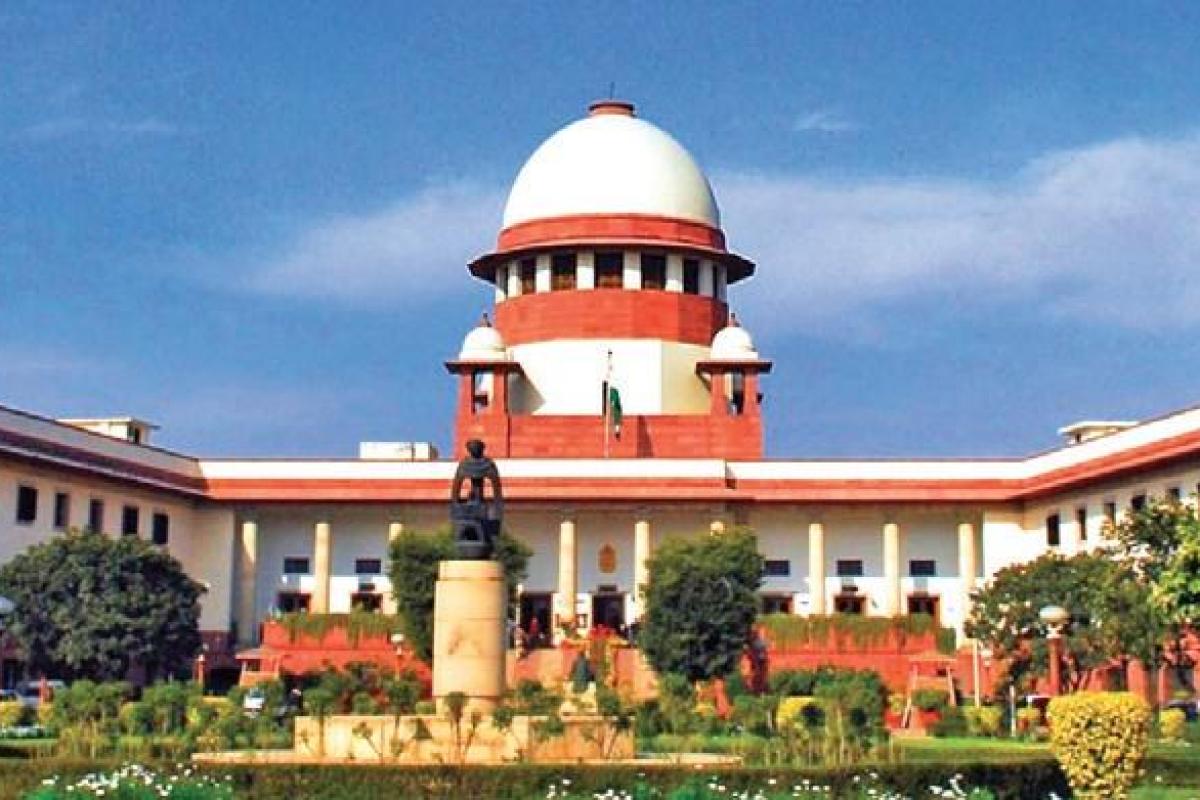There was nothing wrong with the exercise of power by the Chairman of the Committee and The power exercised by the Chairman of the Committee cannot be subject to Regulation 87. This remarkable judgment was upheld in the case of CHAIRMAN ADMINISTRATIVE COMMITTEE U.P. MILK UNION & DAIRY FEDERATION CENTRALIZED SERVICES vs. JAGPAL SINGH [CIVIL APPEAL NO. 49 OF 2021] which was headed by Hon’ble Justice HEMANT GUPTA, J.
This appeal was made to challenge the order passed by the Division Bench of the High Court of Judicature at Allahabad, Lucknow Bench dated 26.8.2019, affirming the order passed by the learned Single Bench on 17.5.2019. In the intra-court appeal, the Division Bench of the High Court referred to the inquiry reports dated 9.5.2014 and 15.10.2014 to hold that the employee had not been given any disagreement note, rather he was exonerated in those reports. However, it is to be noted that the Division Bench overlooked the fact that they were preliminary inquiries.
Further, in terms of Section 122 of the Act and Rule 389-A of the 1968 Rules, a notification was issued on 4.3.1972 constituting Uttar Pradesh Co-operative Institutional Service Board for the purposes of recruitment, training, and disciplinary control of the employees of apex level, central or primary societies.
The court held that “Regulation 84 of the Service Regulations provides for penalties such as reduction in rank or grades held substantively by the employee (clause e), removal from service (Clause f), or dismissal from service (Clause g). As per Regulation 87 of the Service Regulations, the aforesaid punishment could not be passed except with the prior concurrence of the Board.”
The court further stated that “It may be stated that all the powers of Registrar in respect of all Co-operative Milk Societies were conferred on the Milk Commissioner Uttar Pradesh by the State Government vide notification dated 19th May 1976 in the exercise of powers conferred under sub-section 2 of Section 3 of the Act.”
The court allowed this appeal stating that “we do not find any error in the order of punishment passed by the Administrative Committee. We find that the orders passed by the High Court are not based upon a correct appreciation of law and facts. Consequently, the orders are set aside and the writ petition is dismissed.”


